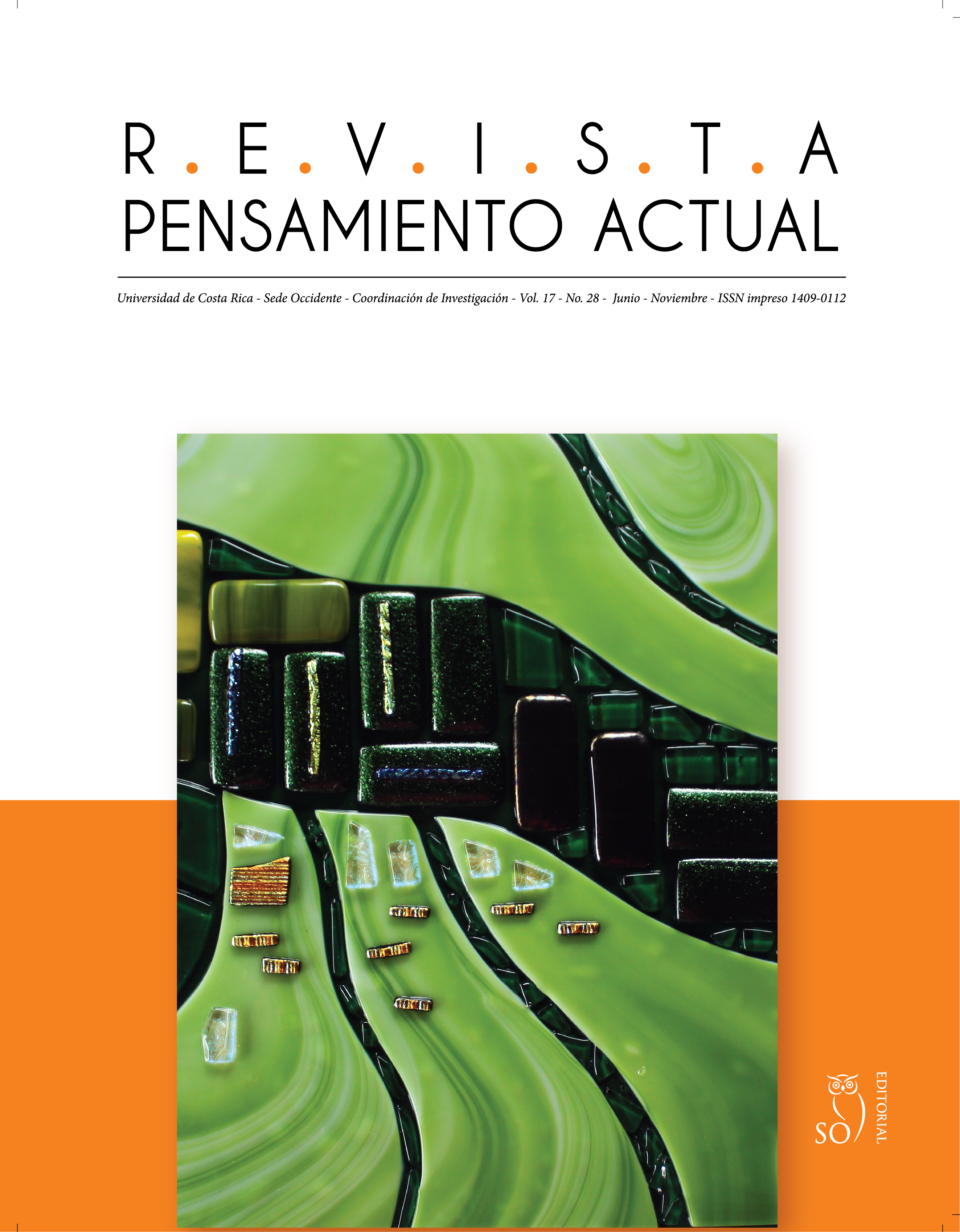Abstract
The Good Living in the Andean and Amazonian territories comes from a thousands of years lifetime, surviving as an alternative practical process, built against a dominant development model. In this context, eco-socioeconomics emerges from contemporary challenges to think of sustainable societies, unlike what is now constituted as a consumer, individualistic and instrumental society. The article seeks to discuss issues of the theoretical reference on the Good Living, dialoguing with sustainable economic practices. Methodologically, research is used with theoretical revision and interdisciplinary approach, from the dialectic categories of subjectivity, collectivity and human-nature dynamics. The results show a theoretical construct that emphasizes an interdisciplinary and intercultural approach, especially when the theme of the Good Living can represent forms of life of Latin American's traditional communities. They also show a systemic, para-economic (besides the consumption vision) look at Good Living.

